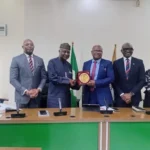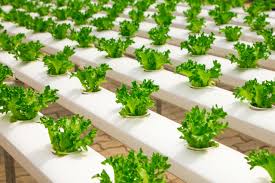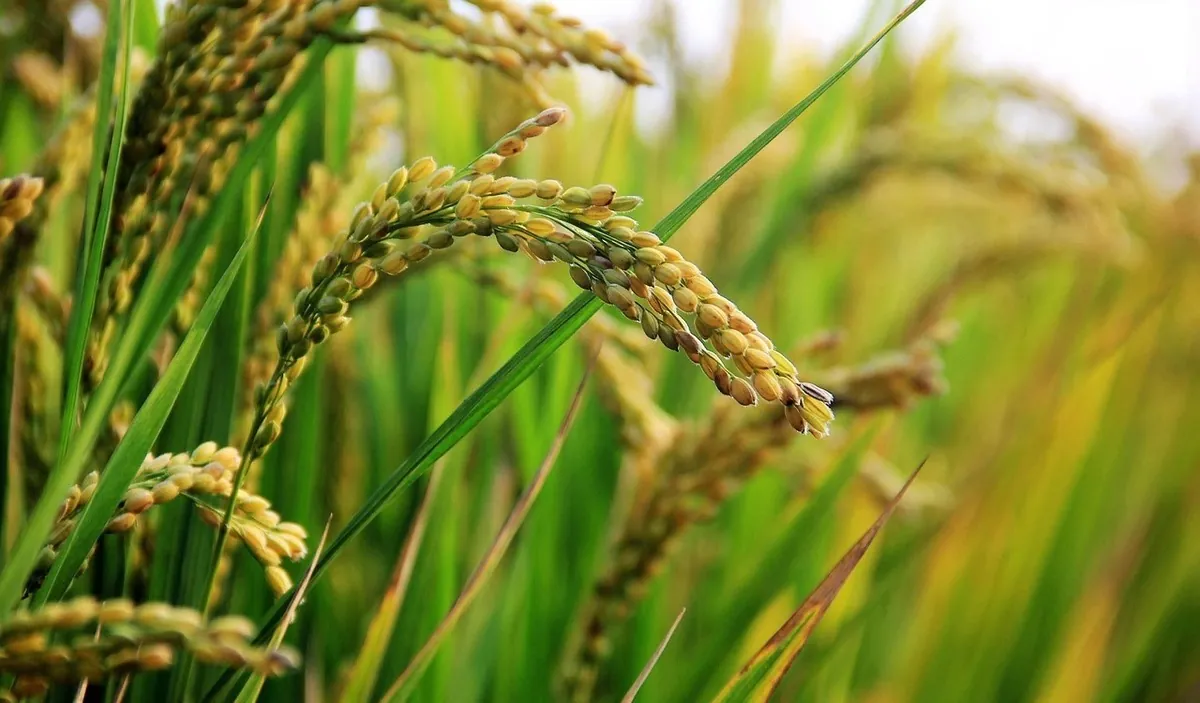Gombe introduces locally made food supplement- ‘Garin Inuwa’ for malnutrition
By Hajara Leman The Gombe State Government has introduced the distribution of “Garin Inuwa”, a locally produced complementary food supplement aimed at nourishing thousands of undernourished children across the state. The Deputy Governor of Gombe State, Dr Manassah Jatau, while flagging off the initiative on Saturday in Gombe, expressed optimismContinue Reading




















